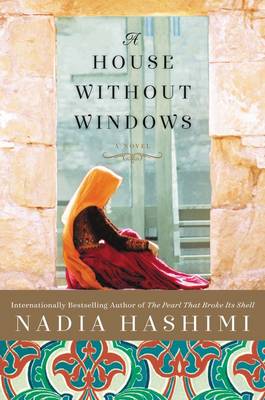"My full height, my beloved husband never did see
Because the fool dared turn his back on me."
This is a heartbreaking story about women's lives in Afghanistan. In this book women feel more free and open in prison than they did at home. Zeba meets many women after the murder of her husband. Most of them are in prison for zina - sex outside of marriage. That can mean anything from a premarital sex to an affair to rape to just being rumored to be alone with a man. This book depicts a society that places so much value on a man's honor but it measures that honor entirely by the behavior of woman instead of behavior of the man.
Everyone knows that Zeba's husband was not a good man. However, now that he is dead, his honor (that he did not uphold in life) is of the most importance. The fact that Zeba was arrested when she is found sitting by his dead body and not murdered by her neighbors is seen as a very merciful act. No attempts are made to collect evidence. She was there so obviously she did it.
Yusef, an Afghani-born American-raised lawyer, has just come back to Afghanistan to work on cases like Zina's. She drives him crazy by refusing to participate in her own defense.
The prison life in this story reminded me a lot of the South Korean prison that Sun in is in Sense8, if you've seen that show. The women come from backgrounds so dominated by men that many of them are finding life better in jail.
This book does drag a little in the middle while the mystery of Zeba's husband's death is being investigated and Yusef is trying a bunch of strategies to get Zeba free. I liked the inclusion of her mother who is considered to be able to do magic. Zeba uses what she learned from her mother to gain status in prison even though she is conflicted about it.
